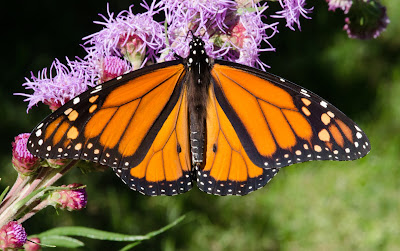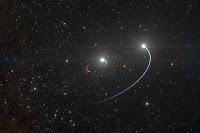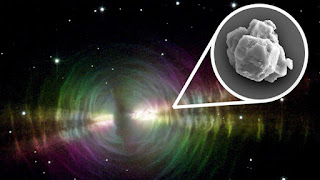Global Effort to Save Species DNA

The Earth Bio Genome Project Source: Stock Images More Than 5,000 Scientists and 1.8 Million Species Scientists from around the world are rushing to protect nearly 2 million species on the planet Earth. They are documenting the genetic makeup of 1.8 million animals, plants, fungi and more, as the United Nations warns that 1 million plants and animals are at risk of extinction within upcoming decades. The global scientific collaboration is called the Earth Bio Genome Project. More than 5,000 global scientists are involved. By the end of this decade, they hope to have digitized the DNA footprints of 1.88 million living species. It is an incredibly arduous task. By the end of 2022, they hope to have sequenced just 3,000 species' genomes. ...


